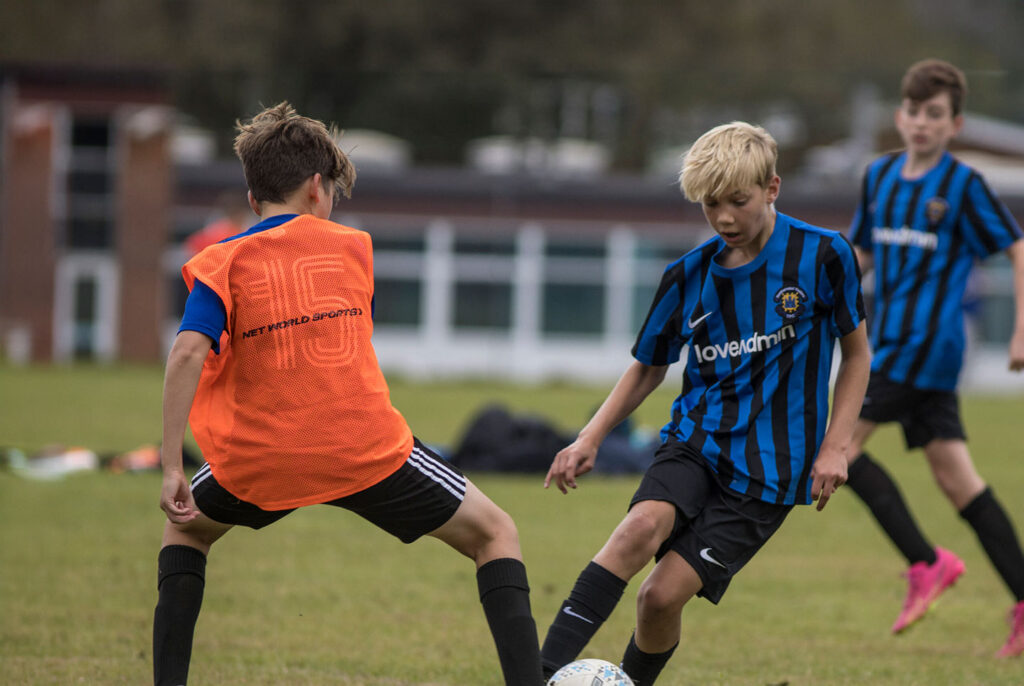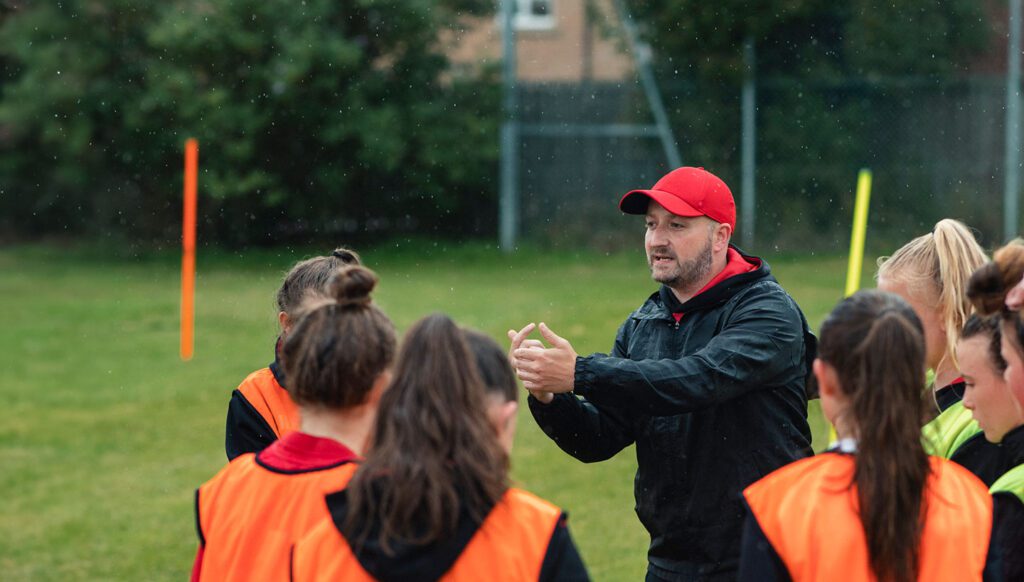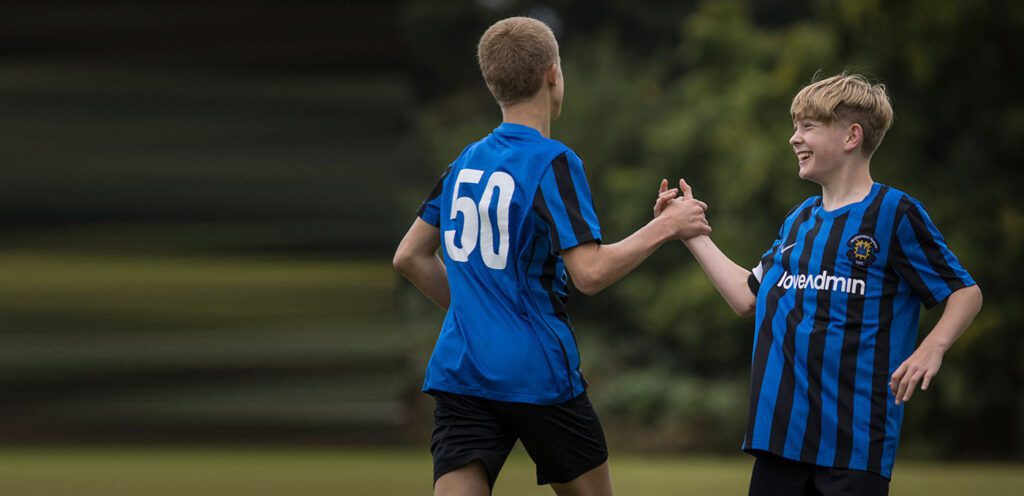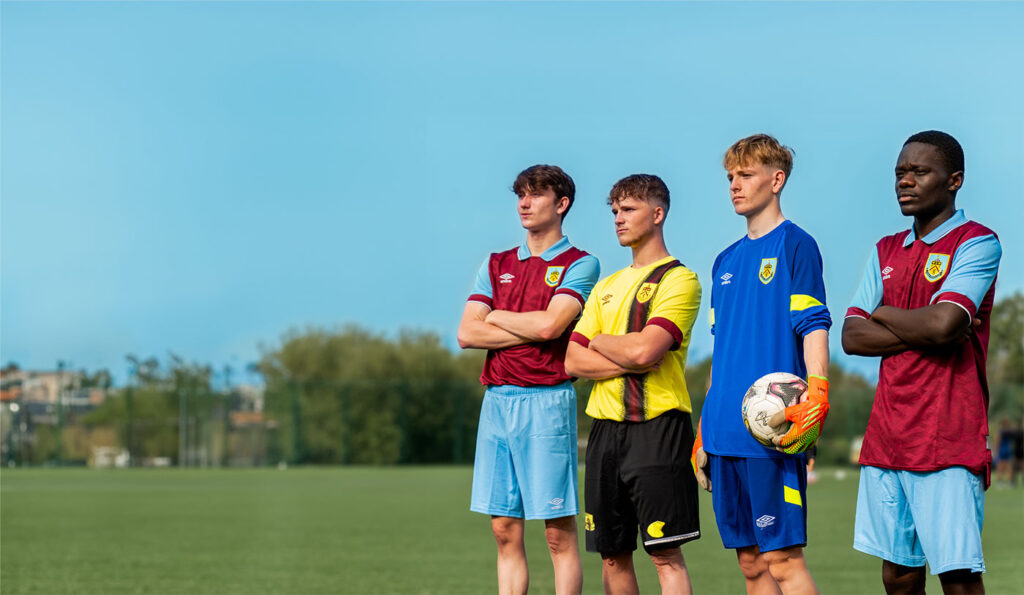How does your club generate funding?
There are several different types of funding available to grassroots clubs.
A key revenue stream is of course sponsorship, which we’ve covered in our Sponsorship series. But which other methods of funding can your club use to generate income?
Funding streams for grassroots clubs
1. Project funding
This is for specific projects. Sometimes all project costs are covered, but things like staffing costs could be excluded. It’s important to read the guidance carefully so you’re aware of what you are receiving.
2. Crowd funding and match funding
Your club can set these funding streams up at any time, and they’re a great way of generating support from your existing club demographic. Not only that, you can also reach out to a wider community with this method.
If you take the route of match funding, your partner matches whatever you raise. It’s worth bearing in mind here that many banks provide their employees with the opportunity to match fund for charitable causes. So explore whether any of the members or parents at your club work at a local bank branch, as they could provide you with this opportunity.
3. Capital funds
To increase or improve a particular area within an existing building. This includes renovations such as a new roof or heating fixes.
4. Revenue funds
This is the most complex and rare form of funding. It is when partners provide you with funding towards your revenue and your expenditures.
Regularly, this type of funding would be part of a project fund. However, due to the pandemic and the challenging economic climate, many funding partners are helping clubs, charities and non-profit organisations keep afloat via this method.
5. Hardship funds
For clubs that are in times of need. Clubs can also signpost their members to these types of funds, too.
So, alongside sponsorship, there are many ways that you can engage with local businesses and organisations to generate funding. But how can your club find potential funding partners to provide these income streams?
Where can we find these streams for funding grassroots clubs?
There are two types of funding that is available to your club: national and local opportunities. Whilst there is some crossover when it comes to organisations like banks, who have a national business but a local presence on your high street, we can broadly split the funding streams into these two categories.
Where to find national funding:
- The best place to start is with Sport England and the national governing body for your sport
- Look at the Grants Online website if you’re based in the UK; you’ll find a library of funds and a funding application to fill out
- Sported is also a great site to identify funding. They offer a range of support such as funding writing workshops – something that can be a difficult task
- Housing companies often fund charitable organisations and non-profits too, so it’s worth researching them
Where to find local funding:
- Your local authority and local foundations
- Local councillors and MPs; they have locality budgets
- Local trusts and Masons
What to do before writing your funding bid
Once you’ve identified where to find your funding, the next phase is to write your funding bid. Before you do so, follow these two important steps:
1. Identify your project costs
This enables you to build out an overall amount that you want to ask your funding partners for. This also demonstrates the level of research and preparation you’ve conducted to potential partners, something that helps to illustrate why they should invest in you.
2. Outline all costs you need support with
It’s important to have a clear understanding of which costs, if reduced, would benefit your club the most. For example, do you want extra support for your staffing costs so that you can reduce membership fees? This would allow your club to support and appeal to a wider range of the community – without discriminating against those that can’t afford membership fees.
Or perhaps you’d like support with your electric and heating bills? Or funding for your cleaning equipment, and training apparatus?
If you’re looking for funding for a particular project, consider every element of that project when drawing up your bid – from staff training to PPE.
What to avoid when writing your funding bid
Writing a funding bid is a challenging task – whether it’s your first time doing so or not. So, let’s look at some of the common stumbling blocks to avoid:
Using over-complicated wording and jargon
Your bid needs to be clear and easy to understand for all potential readers. Remember that it will be reviewed by someone who doesn’t know anything about your club or project, so don’t assume any prior knowledge.
Whilst it’s clear to you how this project will benefit the wider community, that won’t be immediately obvious to the potential partner. But once they’ve reviewed your bid, you need to have communicated your exact ambitions in a clear and concise way.
To avoid writing a bid that is only understandable to those within your club, involve someone external in the process – perhaps a friend or parent at the club. They can provide an outsider’s perspective, and highlight any areas that assume knowledge or use technical jargon.
Forgetting to proofread
This is an easy mistake to make. But sending a document with spelling or grammatical errors shows a lack of care and effort. And that could be enough to put a potential partner off investing.
So ensure you proofread your bid carefully before submitting. Some methods that can help you spot errors are printing it out or reading it aloud. It can be difficult to spot your own mistakes though, so ask a colleague to read it too.
Not including potential funding partners in the process
Remember who this bid is for – and ask them for advice. They will have received many funding bids through the years, so are likely to be more than happy to provide guidance or tips. That could be advice on the format they prefer to receive bids, or help to ensure it is delivered to the right person.
Giving up if the first bid doesn’t work out
The most important thing to remember is not to give up if or when your funding bids don’t work out. It can be disheartening when weeks or months of work come to nothing. But we can’t all be successful at everything all the time – particularly not on a first try, too. Don’t give up, keep going and you will find funding.
If your funding bid doesn’t work out this time around, it’s worth regrouping with your team. What didn’t work? Why didn’t it work? Was that the right company or funding partner to approach? Analyse the process so that you can identify any positive changes before trying again.
–
Hopefully, armed with these tips, you now feel confident putting your funding bid together. Explore which funding stream fits your club’s objectives and ambitions, and then ensure you consider all avenues for identifying funding partners. Good luck!
If you’re involved with a gymnastics or football club and would like to find more content like this, join our dedicated Facebook Communities:

















